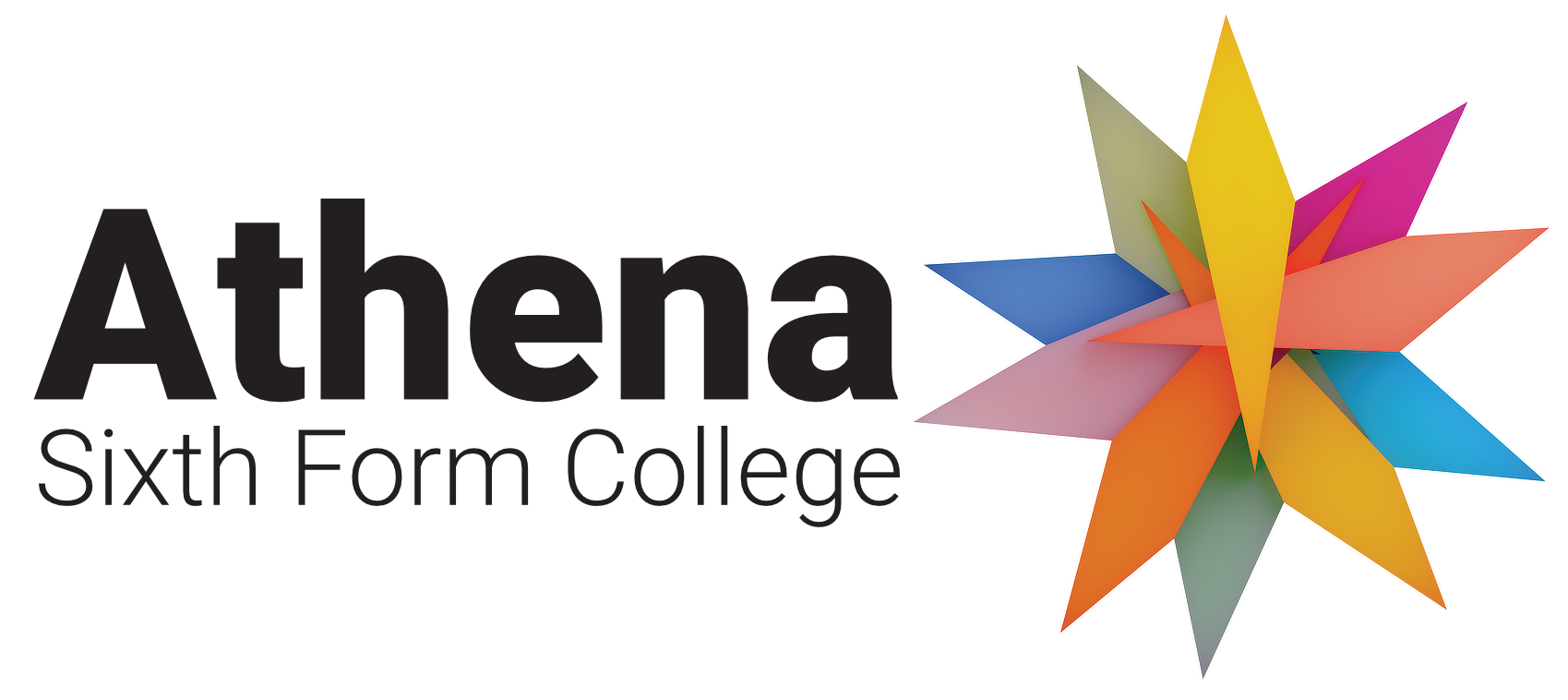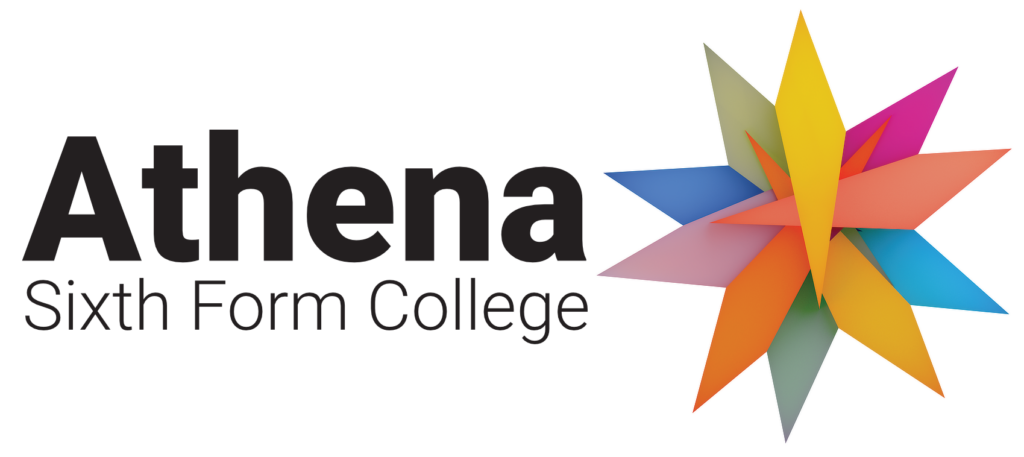Why Study?
Theatre Studies will give you the opportunity to explore drama as a practical art form, in which ideas and meaning are communicated to an audience through choices of form, style and convention. It’s a fantastic course if you love watching, creating, performing and writing about drama because the course is so versatile and suits the needs of all those who are interested. Throughout the course you will create, perform and respond to drama and theatre; develop the creativity and independence to become effective theatre makers; and explore the relationship between theory and practice in a range of theatrical styles, periods and historical, social and cultural contexts. You will also learn how relevant research, independent thought and analysis of live theatre production can inform decision making in practical work and put this understanding into practice as well as experience the ways in which theatre makers collaborate.
What can I do with it?
Theatre Studies opens many doors for students and provides you with desirable skills wanted by universities and employers. These include creativity, emotional intelligence, analysis and evaluation skills, problem solving, creativity, strong language, communication skills and many more. An A-level in Theatre Studies could lead you to a career in acting, directing, design, law, marketing, event management, public speaking, creative writing, teaching, therapy and management, to name but a few.
Subject combinations
A-level Theatre Studies works well alongside other creative and analytical subjects such as English, Psychology, History, Art and Film. However, some students choose Theatre Studies as a creative option alongside subjects such as Science, Economics, Politics or Geography. Whatever you choose, remember that this course has a heavy independent/group workload because you will be required to rehearse outside of lessons.
Extras
Alongside your academic studies, the Drama Department has ample opportunities for you to be involved. We run a whole-school production each year which our A-level students are a huge part of, either in directing/leading younger students or performing themselves. We also encourage students to put on their own performances for their peers and support you in the planning and preparation of this. We also take you to the theatre multiple times per year to expose you to as much live theatre as possible as well as hiring in experts to lead workshops for you to participate in. The department also has excellent links with local theatres who can offer you bursaries (payments) for performing in the summer holidays.
What will I study?
The course consists of three components.
Component 1: Drama and theatre
Knowledge and understanding of drama and theatre. Study of two set plays, Hedda Gabler and Our Country’s Good. Analysis and evaluation of the work of live theatre makers.
How it’s assessed
Written exam: 3 hours
Open book
80 marks
40% of grade
Component 2: Creating original drama (practical)
Process of creating devised drama. Performance of devised drama (students may contribute as performer, designer or director). Devised piece must be influenced by the work and methodologies of one prescribed practitioner.
How it’s assessed
Working notebook (40 marks)
Devised performance (20 marks)
60 marks in total
30% of grade
This component is marked by teachers and moderated by AQA.
Component 3: Making theatre (practical)
Practical exploration and interpretation of three extracts (Extracts 1, 2 and 3), each taken from a different play. Methodology of a prescribed practitioner must be applied to Extract 3. Extract 3 is to be performed as a final assessed piece (students may contribute as performer, designer or director).
Reflective report analysing and evaluating theatrical interpretation of all three extracts.
How it’s assessed
Performance of Extract 3 (40 marks)
Reflective report (20 marks)
60 marks in total
30% of grade

